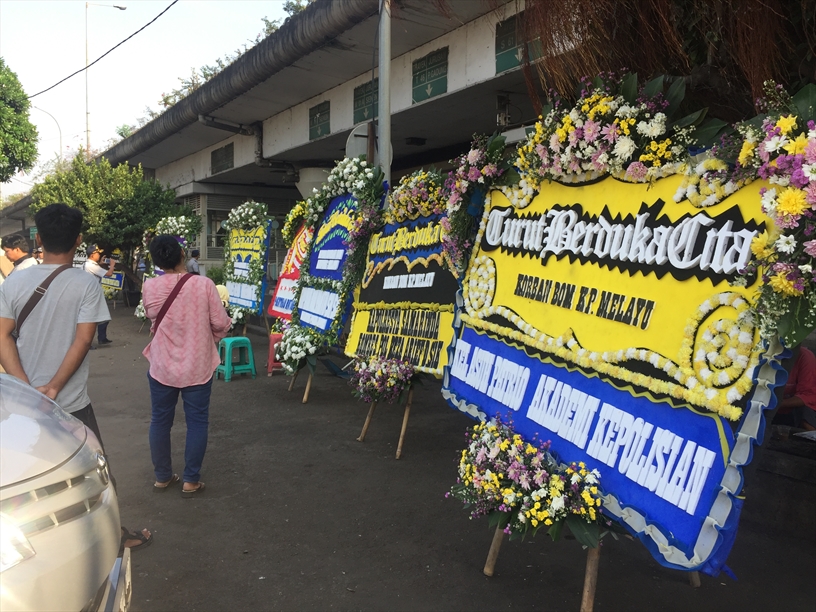
Indonesia is drafting a law that will guarantee the rights of religious minorities in the country, according to the head of the country’s Ministry of Religion’s Interfaith Harmony Forum.
“The government [currently] only recognises six religions, while more than four million people who follow religions outside of those six are not served by the government […] We want to solve this problem,” Dr Ferimeldi Muslim Kudi is reported as saying by the Jakarta Globe.
According to the newspaper, the new Religious Rights Protection Bill is expected to be presented to Indonesia’s House of Representatives before the end of this year.
Human Rights Watch, however, referred to the bill as “nothing less than a repackaging of highly toxic regulations against religious minorities in Indonesia”.
The initiative comes at a time of heightened religious fervour in the world’s most populous majority-Muslim nation. There have been a series of (sometimes violent) protests orchestrated by Islamist groups in recent months, some of which related to Jakarta’s former governor, Basuki Tjahaja Purnama (known as ‘Ahok’), a Christian, who was sentenced two years in prison for blasphemy.
Fearful
A report published last month by advocacy group Christian Solidarity Worldwide found that Indonesia’s religious minorities are fearful that their country’s reputation as a “tolerant Muslim-majority nation” is being undermined by radical Islam’s growing influence on politics and society.
Ahok’s case led the UN to call on the government to repeal its blasphemy laws, while two suicide bombing attacks in May stretched the country’s social and political fabric, as World Watch Monitor reported.
In a response to the increasing influence of hard-line Islamist groups that call for the full implementation of Sharia (Islamic law), the government on 10 July introduced a law allowing it to disband groups that “threaten the state’s secular ideology”.
The government’s first act under the new law was to order the disbandment of Hizb ut-Tahrir Indonesia (HTI), which wants to establish a global “caliphate” and has campaigned for a wider implementation of Sharia in Indonesia.
Battle lines
Amy Chew, writing for Channel News Asia, warns that HTI cannot just be wished away. “The challenge for the government in its attempt to limit the influence of HTI is that it has become a well-established entity, with a wide influence. It operated underground until it was granted legal status during former President Susilo Bambang Yudhoyono’s rule from 2004-2014,” she writes.
Nahdlatul Ulama, the country’s largest Muslim organization, estimates that HTI has approximately 2 million sympathisers.
By banning the group, Chew says the government has drawn the battle lines “between a group which campaigns for an Islamic caliphate through non-violent means and those who are concerned it is undermining the country’s social and religious harmony”.
Indonesia, with a population of 243 million, has the world’s largest Muslim population (87%), while Christians (9.9%) and Hindus (1.7%) are the most represented minority religions. It ranks 46th on Open Doors’ 2017 World Watch List of the 50 countries where it is most difficult to live as a Christian.